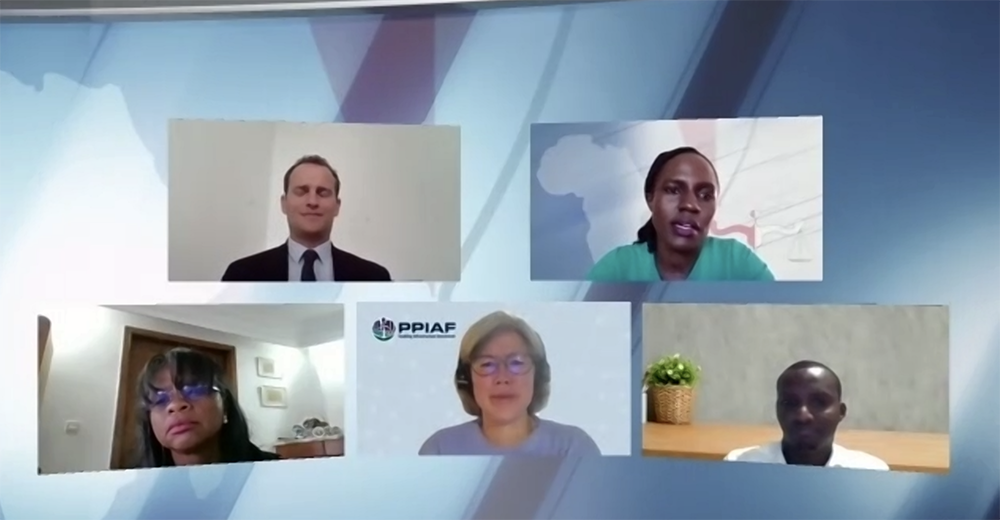


The infrastructure and public private partnerships (PPP) roundtable was composed of Mr. Emmanuel Rugabwa, Transaction Advisor for Rwanda Development Board, Ms. Jemima T. Sy, Program Manager for the World Bank's Public-Private Infrastructure Advisory Facility (PPIAF), Ms. Hary Razanarisoa, Head of the PPP Unit for Madagascar,Mr. Pierre Bernheim, a Partner at the international law firm Trinity International, Paris, and Ms. Primah Atugonzah, Senior Legal Counsel, ALSF
Under the theme: “Addressing Africa’s infrastructure challenges for sustainable development”, the panellists assessed the challenges to implementing PPP projects on the African Continent. They highlighted the peculiarities introduced by the COVID-19 pandemic and also suggested ways of for scaling up PPP projects on the continent.
The challenges to PPP projects cut across the different countries on the continent and include fragile legal frameworks, the lack of financial resources to prepare projects properly including the preparation of feasibility studies, the capacity needs within government institutions and a lack of trust between public and private partners. The COVID-19 pandemic simply exacerbated already existing challenges to PPPs.
However, the panellists believe a combination of strong political will and socially useful projects will build public and private sector confidence in the use and implementation of PPPs. The need to embrace a new contractual approach that focuses on risk sharing as opposed to the traditional risk allocation was espoused as a key element to attracting private sector investment in the ‘new normal’. Additionally, the panellists highlighted the importance of a transparent procurement process to attract private sector investment. Capacity building of the different stakeholders in the infrastructure and PPP sector is also essential to providing rapid and sustainable infrastructure.
Regarding the impact of the coronavirus pandemic, Jemima Sy of the World Bank, pointed out that, paradoxically, private sector investment had increased in sub-Saharan Africa during 2020 despite the general decline of PPP projects in the rest of the world. The Bank had also observed a much more collaborative effort between public and private sector players in trying to combat the impact of the pandemic on PPP efforts. However, there was no denying the general impact of the pandemic including, the postponing or cancelling of various projects due to among other things, disruptions in the supply chain, increased costs of raw materials and lowered revenue expectations. Yet the panellists highlighted the fact that many countries are looking at PPPs as a way of recovery from the effects of the pandemic.
In terms of dispute resolution and lessons learned from the pandemic, it was recommended that renegotiation of contracts should be done primarily through collaboration rather than through the strict application of law.
Finally, the panel agreed that the ALSF would be instrumental in supporting the continent in overcoming its infrastructure challenges and building back better. The advisory and capacity building support offered by the Facility was highlighted as being key to the PPP recovery reforms on the African continent with emphasis on innovative and continuous training of government stakeholders.
Design by Vyou - CopyRight #2019